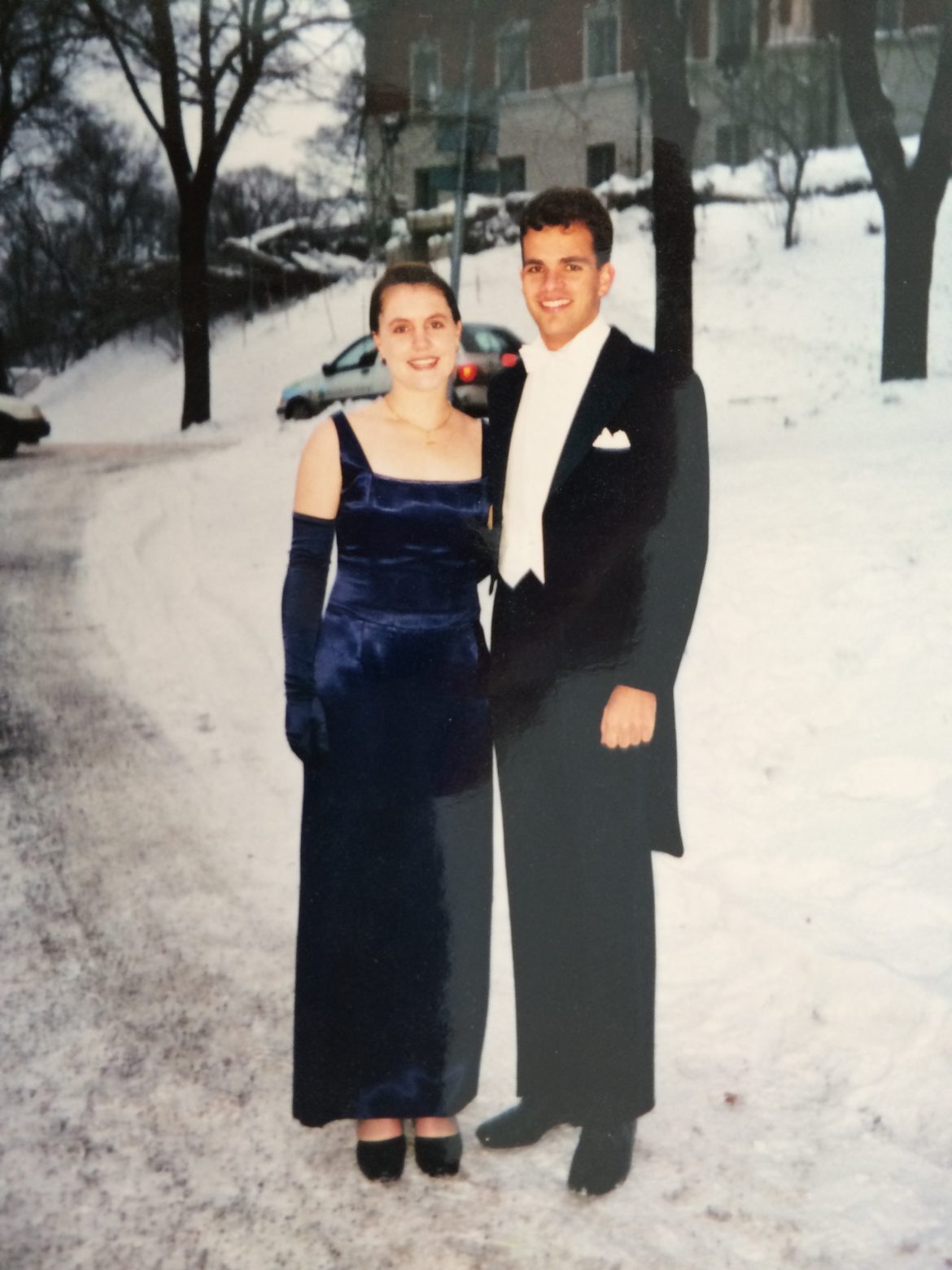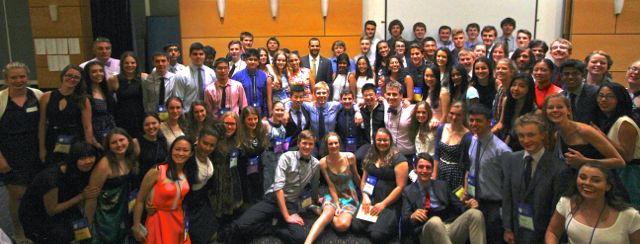Matt Wenham has packed a lot into the years since he attended the National Youth Science Forum in 1998. Selected for a place in the NYSF International Program at the Stockholm International Youth Science Seminar, three days after his final year 12 exams he found himself at the Nobel Prize ceremony. He returned as an NYSF student staff member in 1999 and was Chief of Staff in 2000.

A Bachelor of Science degree at the University of Adelaide set Matt up well to follow on to postgraduate work in biochemistry and genetics, and coupled with his time as a youth advocate in Adelaide, he was able to develop and consolidate a range of research and communication skills for future career roles.
Matt’s PhD at The University of Oxford looked at the cell biology of proteins involved in the function of killer T cells in blood, and provided long nights in the lab, yielding research and results that contributed to an understanding of an important part of the immune system.
Apart from the actual findings of his work, Matt says this research experience was constructive because it taught him the value of conducting thorough scientific research and he gained a real understanding of the resources that are required.
His successful selection as a Rhodes scholar to Oxford University provided exposure to a broad canvas of life, and he met students from a range of Commonwealth countries, entering a world of European history previously unconsidered. Along the way, he had also picked up a Diploma of Education, which allowed him to spend time teaching in Africa.
Matt has recently returned to Melbourne, after three years in Washington, most recently as Associate Director, Institute on Science for Global Policy, where he managed programs and staff working on emerging and persistent infectious diseases (EPID), food safety, security, and defense (FSSD), and synthetic biology. He is now a Senior Policy Adviser at the Mitchell Institute for Health and Education Policy.
Matt addressed the Rotary Dinner at Session A of the 2014 January Sessions, and his messages to the students were many and multi-faceted. But key were:
- If you want to study further, follow your passion not the ATAR ranking. Your motivation to succeed will come from what doing what you enjoy.
- Develop at least an understanding of the political process, so that you know where your work will fit in, in terms of serving the wider community.
- Volunteer with organisations you are interested in to develop skills you don’t have, but take care not to be exploited.
- Develop communications skills to a level with which you are comfortable. Scientists need to be able to tell people about their work.

But perhaps his most important message was emphasising the key role of science in underpinning policy development within the political context, and the importance of having policy makers who are science literate and understand the research process. “We need more scientists involved in policy development,” he says. “… people who have scientific knowledge and who understand the importance of scientific rigour.”
Are you an NYSF alumni and would like to tell us What Happened Next? Email amanda@nysf.edu.au; we'd love to hear your story.